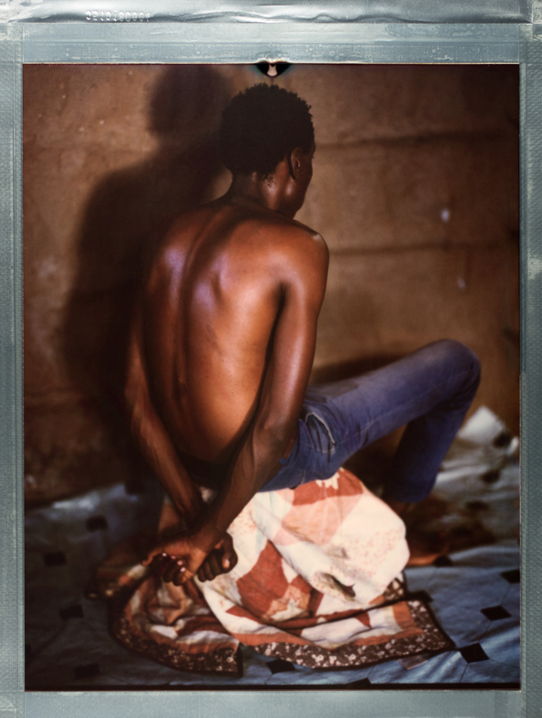Gregory / Uganda
“1st July, I was at a friend’s party at his house. I was having sex with my partner in one of the rooms. Someone from my community bumped into the room and saw us. The next morning, started telling people in the community, that last night, he saw me doing an illegal act which is prohibited in our traditions. It reached to my family. The church were a platform. I could not leave my house, because the community elders had reported me to police.
The 5th July, my uncle got home by June, decided to up that community, with the help of some of my family members. They took me to the village, in a mud house, they locked me up, and called me a devil. That a devil’s supposed to be locked up. They left me there.
On the evening of 7th July, as I was in that mud house screaming for help, a cattle kid heard me, and broke in to help me. I couldn’t tell him what had happened. Instead, I told him, some people wanted to sacrifice me. I ran away that evening, and went to my best friend. He knew what had happened, so he gave me some money to go hide. I went to Malaba.
15th July, I was in the motel. I have sex with someone I met in Malaba. When the police came knocking on the door, I had to escape through the window. I had no other option, but to cross into Kenya.”




